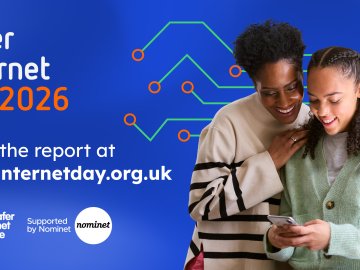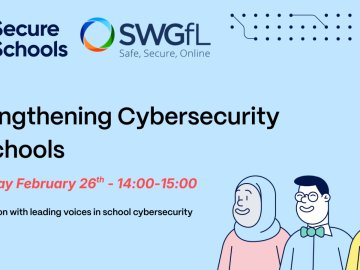New filtering and monitoring standards have been introduced by the Department for Education (DfE) today. With these new standards put forward, we encourage schools and colleges to use them to review their filtering and monitoring strategies, to better protect children and young people online.
The UK Safer Internet Centre has been publishing self-certified responses from leading providers since 2016, to help schools carry out their filtering and monitoring responsibilities. These new standards reinforce aspects of both filtering and monitoring systems whilst elaborating on new aspects such as responsibility within educational settings and continued reviewal processes. Some of the areas covered include:
Safeguarding Responsibilities
Under these new standards it is clear that safeguarding teams hold more responsibility for filtering and monitoring obligations. All too often we find that technical staff assume this responsibility, but while their support is necessary, an effective strategy for online safety and safeguarding should be led by designated safeguarding leads.
Testing Efficiency Across Devices
Schools and Colleges should be regularly checking and documenting that their filtering and monitoring systems work across all devices. Professionals need to be aware that filtering and monitoring often works differently across mobile devices and as such, regular testing (at least once a year) is essential.
Documenting Robustness
Schools must also document the robustness of their systems to ensure that harmful online content is effectively being filtered out. Logging this information is an essential part of filtering and monitoring strategies. If you need support with testing, you can do this for free with testfiltering.com.
Assessment and Consideration
Informed by risk assessments, schools should also consider whether their current filtering and monitoring solutions are actually appropriate for their communities. Filtering and monitoring systems need to be chosen based on their specific relevance to the school, as opposed to their cost.
We have seen through our own 360Safe research that filtering and monitoring practices in schools have improved over the past 12 years, and as such, it is essential to maintain these standards. The UK Safer Internet Centre provides more information on filtering and monitoring, along with self-certified responses from leading providers. To view the new standards from the Department for Education as well as the UKSIC filtering definitions and David Wright's own response to the new standards in TES magazine, please follow the links below.
Filtering and Monitoring Standards






